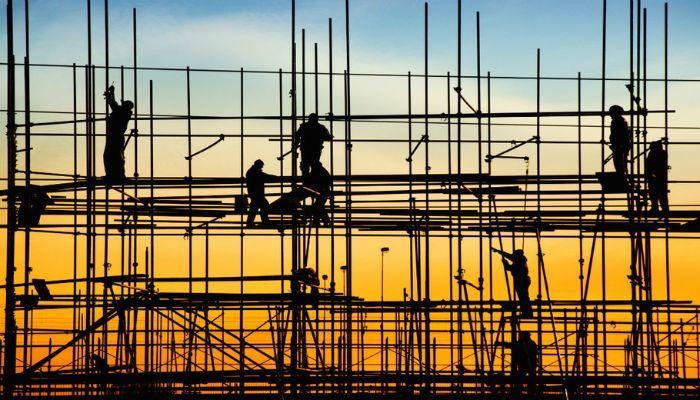Over the years, successive governments in Nigeria have embarked on several infrastructure projects seen as critical in driving economic growth. However, much still remains to be done.
In the eight years of Muhammadu Buhari, for instance, available record shows that about N27.82 trillion was budgeted for infrastructure, which represents a small fraction of the $2.3 trillion needed to close the country’s infrastructure deficit.
The administration, according to Babatunde Fashola, former minister of works and housing, constructed 9,290km of roads nationwide and also delivered 8,938 housing units across 35 states and the Federal Capital Territory (FCT) within this period.
This explains the worry and call by operators in the country’s building industry for the government to invest more in infrastructure so as to push it from the current 30-35 percent of GDP to 70 percent as recommended for emerging economies in Sub-Saharan Africa (SSA).
The builders under the aegis of Council of Registered Builders of Nigeria noted that though a number of issues such as corruption, vandalisation of existing ones, bureaucratic bottlenecks, delay, poor maintenance, and repairs of damaged facilities contribute to the poor infrastructure in the country, revenue has remained a major challenge.
This is especially so as the Nigerian government’s approach to fixing infrastructure over the years has traditionally been through budgetary allocation financed by government revenue generated from taxes, fees, and other sources. This is also augmented with borrowing.
Borrowing has been both intensive and extensive such that, from China alone, it is reported that the Nigerian government borrowed $7.3 billion between 2000 and 2020, mainly to fund its infrastructures in different sectors.
Besides funding, the builders said that for Nigeria to close the gap in its housing and infrastructure needs, it has to train more artisans, adding that about 10 million artisans were needed to be trained for this purpose in the next 20 years.
A member of the Senior Artisans Association of Nigeria told newsmen at a forum in Lagos that any government committed to infrastructure development and housing delivery must show interest in technical and vocational education which would stimulate patronage of indigenous manpower.
Read also: NSIA, global investors sign on to new $500m infrastructure fund
Experts estimate Nigeria’s housing deficit at 20 million units which was not done by any hard research, but shows the depth of housing and infrastructure shortfall.
“For every building, there are many artisans, including masons, carpenters, plumbers among others, meaning that, at an average project site, you would need hundreds of artisans and that is one of the areas we have been charged to go and address the shortage of artisans,” the member who did not want to be named, said.
Continuing, he said, “the number cannot be static even though the population is growing every day and development needs are expanding. We have been retrogressive because our infrastructure has been comatose. We need more infrastructure to build new schools and homes.”
He noted that for a country with 200 million people and a housing shortfall of 20 million, if the people were going to try to address that shortfall within 20 years, they need about 10 million artisans.
“We need millions of artisans. The target of the council is to build up, at least, 100,000 artisans every year; so far, we want to significantly boost the number of building professionals,” he said, disclosing that the council trained 40,000 people recently.






